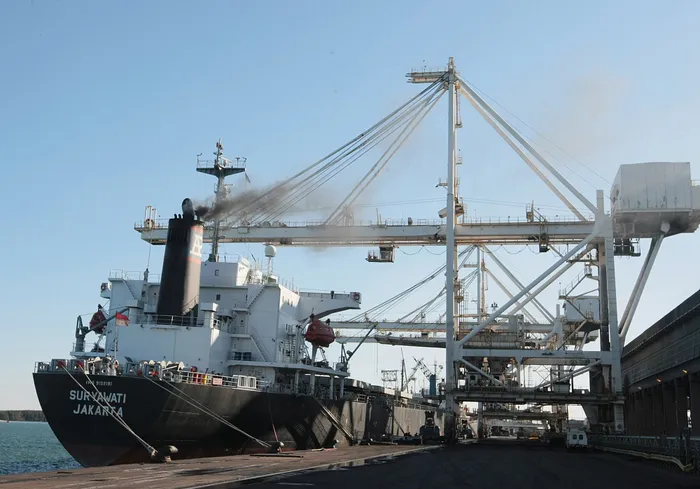While SA records a trade surplus, the deteriorating global outlook will weigh heavily on exports

A review of the trade highlights released by Sars indicated that all major import groups declined over the month, except for chemical products. Photo by Simphiwe Mbokazi 453
As South Africa recorded a trade surplus of R24.76 billion in July, up from a surplus of R24.23bn in June, Lara Hodes, an economist at Investec, warns going forward, a deteriorating global outlook will weigh heavily on South Africa’s export potential.
July’s outcome was ahead of Bloomberg consensus expectations of a R19bn surplus.
Data from the SA Revenue Service (Sars) showed yesterday that exports dropped 4.1 percent month on month (m/m) to R177.23bn, while imports were down 5 percent at R152.47bn.
However, the year-to-date (January 1 to July 31) preliminary trade balance surplus of R156.71bn was a deterioration from the R285.13bn trade balance surplus for the comparable period in 2021, Sars said.
Hodes noted that a review of the trade highlights released by Sars indicated that all major import groups declined over the month, except for chemical products which rose by 7 m/m. Moreover, all key export categories fell on a m/m basis apart from machinery and electronics and vegetable products.
“This is in line with the results of the July Absa Manufacturing PMI (purchasing managers’ index) survey which saw the PMI gauge decline to below 50.0 for the first time since July of last year, when heightened unrest and looting in parts of the country disrupted economic activity. Business activity and new sales orders were dragged down by lacklustre domestic demand and output, exacerbated by heightened load shedding during the month and lower export sales,” she said.
Hodes said going forward, a deteriorating global outlook would weigh heavily on South Africa’s export potential, with August’s flash PMIs for the UK, Eurozone and US suggesting a deceleration in activity in these advanced economies.
Similarly, domestic demand was likely to remain subdued with South Africa’s headline gross domestic product (GDP) projected to grow by a modest 1.9 percent for the year, weighing on import activity.
Yesterday global credit rating agency Moody's Investors Service reduced the 2022 GDP growth forecast for G20 countries to 2.5 percent from 3.1 percent made in May.
BUSINESS REPORT